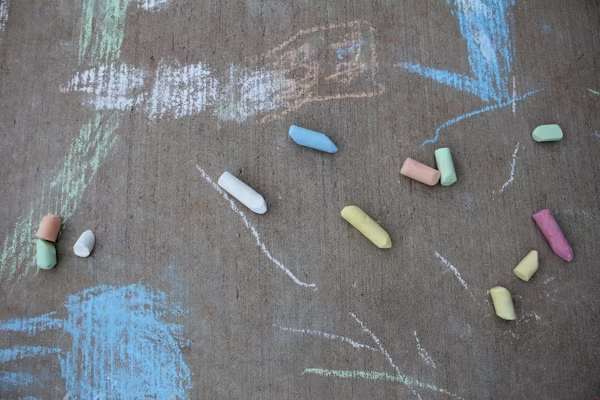Students’ Nootropics: Safe Smart Drugs or Dangerous Shortcuts? The Evidence Review for 2025

Overview:
The Campus Nootropic Boom
34% of college students in 2025 acknowledge using cognitive enhancers, such as prescription stimulants or caffeine pills, to deal with the pressures of their studies. Others warn of addiction and ethical issues, while others vouch for their ability to increase focus. This manual distinguishes between hype and science, discussing:
- The most widely used student nootropics in 2025 (natural and synthetic)
- Clinical data comparing known advantages to unknown risks
- Ethical discussions: Is cheating?
- Neuroscientists’ frequently asked questions + a free supplement safety guide
1. First, what are nootropics?
- Nootropics are defined as drugs that improve cognition in healthy people, such as memory, focus, or creativity. I’ve listed them:
- Natural: Bacopa monnieri, lion’s mane mushroom 311, and caffeine.
- Synthetic: piracetam, modafinil, and prescription ADHD medications such as Adderall 910.
How They Operate
- Acetylcholine is increased for memory 11 by cholinergic enhancers, such as citicoline.
- Under stress, dopamine modulators (like L-tyrosine) increase motivation 8.
- Oxidative damage is decreased by neuroprotectants, such as Maritime Pine Bark 11.
2. 2025’s Top 5 Nootropics for Students
1. L-theanine plus caffeine
Benefits
- 250% more focused than when using caffeine alone (synergistic effect) 9.
- L-theanine increases alpha brainwaves, which reduces jitters. 4.
- Dosage: 200 mg of L-theanine and 100 mg of caffeine 11.
2. Monnieri Bacopa
I prove it.
- After 12 weeks, memory retention increases by 59%.
- Minimal adverse effects from an Ayurvedic herb (may cause mild GI discomfort) 9.
3. Prescription Modafinil
Advantages:
- Military pilots use an 18-hour focus without crashes. 10.
Cons:
- Long-term use carries a 12% risk of dependency 10.
3. Dangers and Adverse Reactions
A. Abuse of Prescription Stimulants
- Misuse of Adderall: 5% of students experience psychosis and heart palpitations.
- Legal repercussions: In more than 20 countries, purchasing or selling ADHD medications is illegal 10.
B. Nootropic Pitfalls in Nature
- Caffeine overdose: >400 mg/day results in insomnia and anxiety 9.
- Fake supplements: 30% of nootropics on Amazon include stimulants that aren’t disclosed 6.
4. Discussions on Ethics
Academic Honesty
- Nootropics are viewed as “unfair advantage” by 57% of professors.
- Rebuttal: Shouldn’t students, like athletes, maximise their biology? 3.
Concerns about Equity
- Cost barrier: premium nootropics, like Mind Lab Pro, cost more than $60 per month.
5. Safer Substitutes
Lifestyle Tricks
- Optimising sleep: 7–9 hours improves memory consolidation 8.
- Exercise: 30 minutes of aerobic activity raises BDNF (brain growth factor) 3.
Nootropics Based on Food
- Flavonoids in dark chocolate enhance blood flow to the brain 11.
- Omega-3 fatty acids promote the health of neurone membranes 8.
FAQs
A: Synthetic nootropics like modafinil take 30 minutes to start working, while the majority of natural nootropics, like bacopa, take 4–12 weeks.
A: Avoid combining stimulants 4; however, some stacks (caffeine + L-theanine) are safe.
A: Only nootropics with a prescription (like modafinil). 1. Supplements are not subject to regulations.
Nootropic Safety Checklist for Free
- Red flag ingredients to stay away from
- Dosage recommendations for over ten nootropics
- Guidelines for ethical use